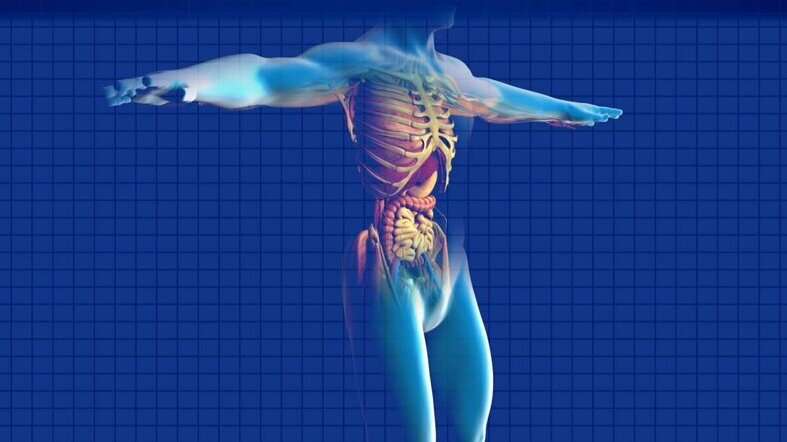Developed by researchers at the Institute for Systems Biology (ISB), the new method, called MEDI (Metagenomic Estimation of Dietary Intake), detects food-derived DNA in stool samples to estimate dietary intake. MEDI leverages stool metagenomics, which refers to sequencing all the DNA present in fecal samples (including microbial, human, and food-derived DNA). This non-invasive, data-driven approach offers an objective alternative to traditional food diaries and questionnaires, which are still the gold standard in dietary assessment but can suffer from misreporting and compliance issues.
The full study is published in Nature Metabolism.
“For decades, nutrition research has depended on self-reported diaries and questionnaires—approaches that require a high degree of effort and compliance from research participants. How many strawberries did I eat two days ago? Did I have one glass of orange juice with breakfast, or two?” said Dr. Christian Diener, lead author of the study. “MEDI provides a solution by analyzing food-derived DNA in gut metagenomic samples, offering a convenient alternative that shows good agreement with known dietary and nutritional intake patterns.

